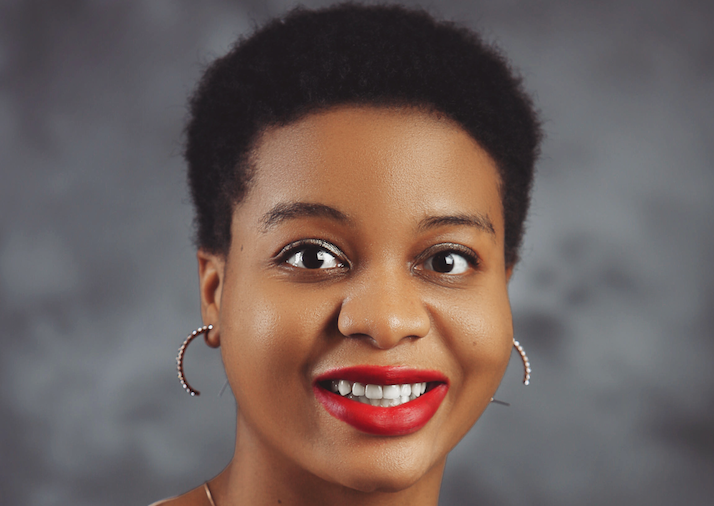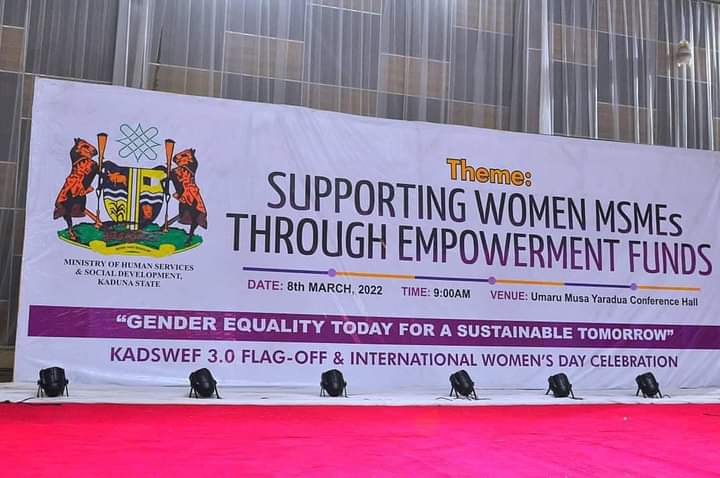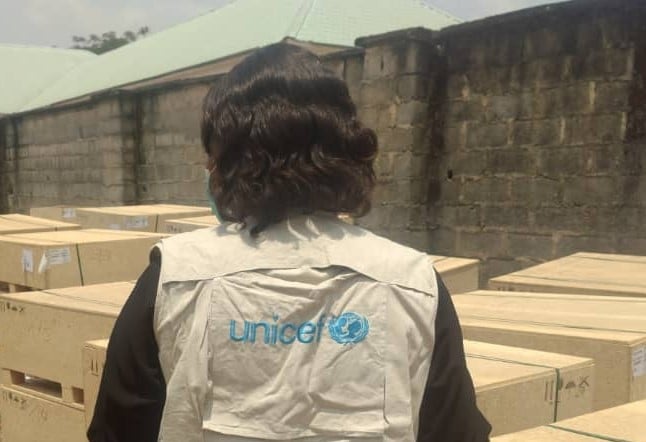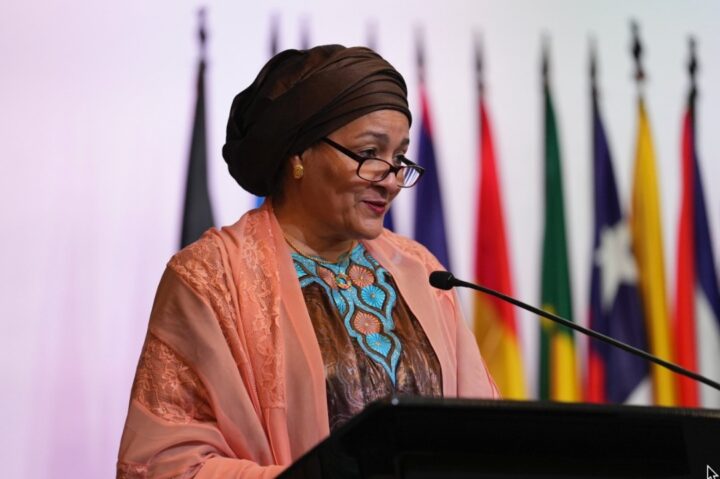Roseline Adewuyi is a social educator, gender advocate and blogger, who is helping young girls fight stereotypes associated with the girl-child. Her efforts have helped many girls overcome the biases surrounding the female gender. In this interview with TheCable’s MARYAM ABDULLAHI, she speaks on how her advocacy is charting a new course for girls in Nigeria.
Can you give us insight into your advocacy?
I am fixed on imbuing young girls with requisite resources to discard societal scripts and help them choose their paths. To achieve this, I organise several educational, yet thrilling events. I target secondary school girls because their young minds are somewhat untainted by societal dictates. I want them to escape stifling stereotype spaces precluding them from soaring into the sky, where they can be invincible. I pride myself on reimaging all women by actively engaging them through my blog posts. Also, by sharing thought-provoking content, hosting tweet chats, and putting online panel events together, I use my social media platforms as effective communication tools to reorient them.
Before you created the blog, how were you advocating a gender-equal society?
Advertisement
Since my target audience is secondary school girls that want to break free of societal limits and be whatever they choose, I had to organise seminars, workshops, educational competitions, and other enlightening platforms both online and offline for them to key into the dream.
In 2021, you hosted a webinar to commemorate International Women’s Day, what are your plans for 2022?
This year’s International Women’s Day has me partnering with American Corner, Boundless Hands Africa Initiative, and African Entrepreneurship Support and Mentorship Program to host a seminar on ‘Gender Equality for a Sustainable Tomorrow’.
Advertisement
It is a hybrid event taking place on Zoom and concurrently at the American Corner, inspired by my strong beliefs that joining forces to support the work of women creatives can break the biases inhibiting women. Also, 22 women will receive recognition awards for their impacts in diverse sectors of societal development.
You’re focused on building self-reliant girls through advocacy and outreach. Do you think this can be achieved with girls whose education has been disrupted by insecurity?
Yes, I think it can. It will take more to reach them, though. I wrote a piece on World Radio Day and I said, “your voice, jingles, programs will go where your tweets and blogs won’t”. I discussed how the radio remains the most accessible and trusted means of communication. For girls whose education has suffered a setback, no thanks to insurgency, it won’t be easy because I don’t know how traumatised they are. Well-funded NGOs can also send volunteers to physically meet with, and inspire these girls. With time, these girls can be a part of this global movement. Overall, I know where a will exists, a way lives. We will reach every girl, one day at a time.
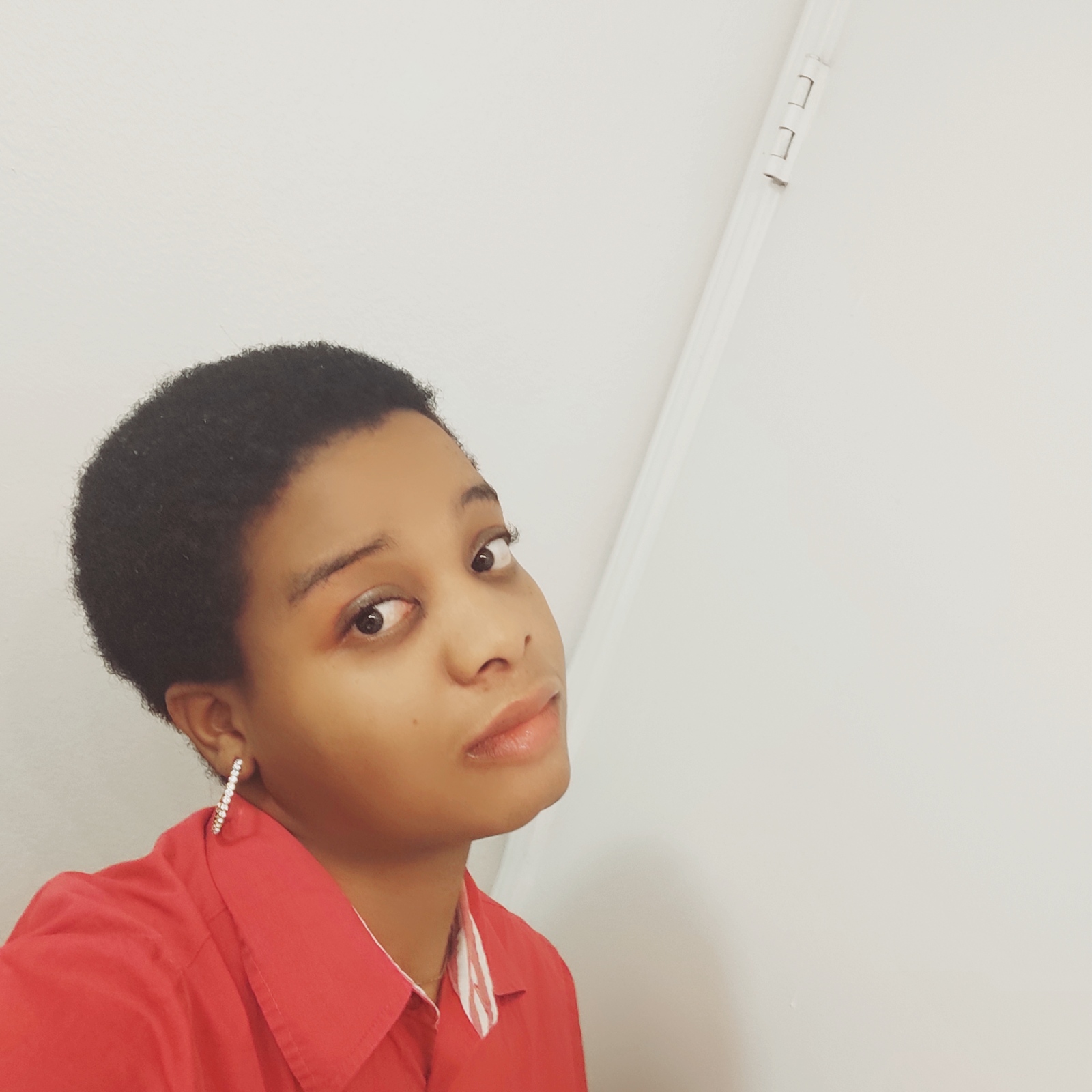
Advertisement
Having interacted and built relationships with several girls, what would you say are some of the common issues affecting them while growing up?
Identity crisis. When girls become sentient enough to ask questions regarding differences in gender treatment, they get no satisfactory answers. Since they are confused, I step in to help them discover themselves, independent of their wrong experiences or identity stereotypes given them. As a woman, I’m yet to fully comprehend what womanhood entails. I’m still discovering several realities about my body, sexuality, and femininity, but I still share the little I know with young girls. For me, womanhood is an explorative journey and, I vouch to carry along as many girl-children as I can on my quest.
Cultural norms. Young girls grow up to see things done a certain way. When they try a different approach, they meet strong opposition because “it is not (in) our culture”. Thus, they silently suffer unfair practices that bend them to gender roles. Young girls take up caregiving, housekeeping, and hostess roles because they are what obtain, but never volunteer for leadership or science-oriented roles. I try to override that unintentional, yet retrogressive programming that culture embeds in young girls.
Educational institutions fuel gender inequality. Educational institutions should be hallmarks of enlightenment and advocates of equality, but [they] fall short of this singular responsibility. Primary and secondary school teachers still see leadership as a preserve of the male gender, thus rarely giving girls a chance to lead. The best take; girls are asked to assist the ‘leader’. They are erroneously configured to believe they are not natural leaders. It takes lots of re-education to change this warped mindset. Through my contact with secondary school girls, I have noticed that teachers assign tasks based on gender roles. In some cases, it influences career talks and counselling. Unfortunately, the recommended texts don’t help matters. They portray girls and women in a bastardized way that reinforces these stereotypes.
Advertisement
How can we enthrone equality in professional spaces, ensuring the girl-child takes up courses like engineering and others termed ‘men’s profession’?
Three years ago, I wrote a satire on “STEM is not meant for girls”. I portrayed some people’s views on the matter, and how we can change the disgusting narrative, especially among girls. We need to awaken and cultivate girls’ interest in engineering and its relevance to human advancement. Show them women role models in history, too, because representation matters. When girls see women setting records, they will know no limits exist to what they can achieve. When that happens, more girls will take up courses in these spaces.
Advertisement
Language barrier hinders communication with girls in rural areas, how do you handle such cases during outreaches?
While I was volunteering with an organisation in rural Kwara, I had to speak Yoruba. It was not easy as I was not used to public speaking in Yoruba. While in Ibadan, I had to go on certain outreaches, and I often bless God my Yoruba always came in handy in situations like this. I do hope to carry out more projects in rural areas since the motto for the sustainable development goals is “leaving no one behind”.
Advertisement
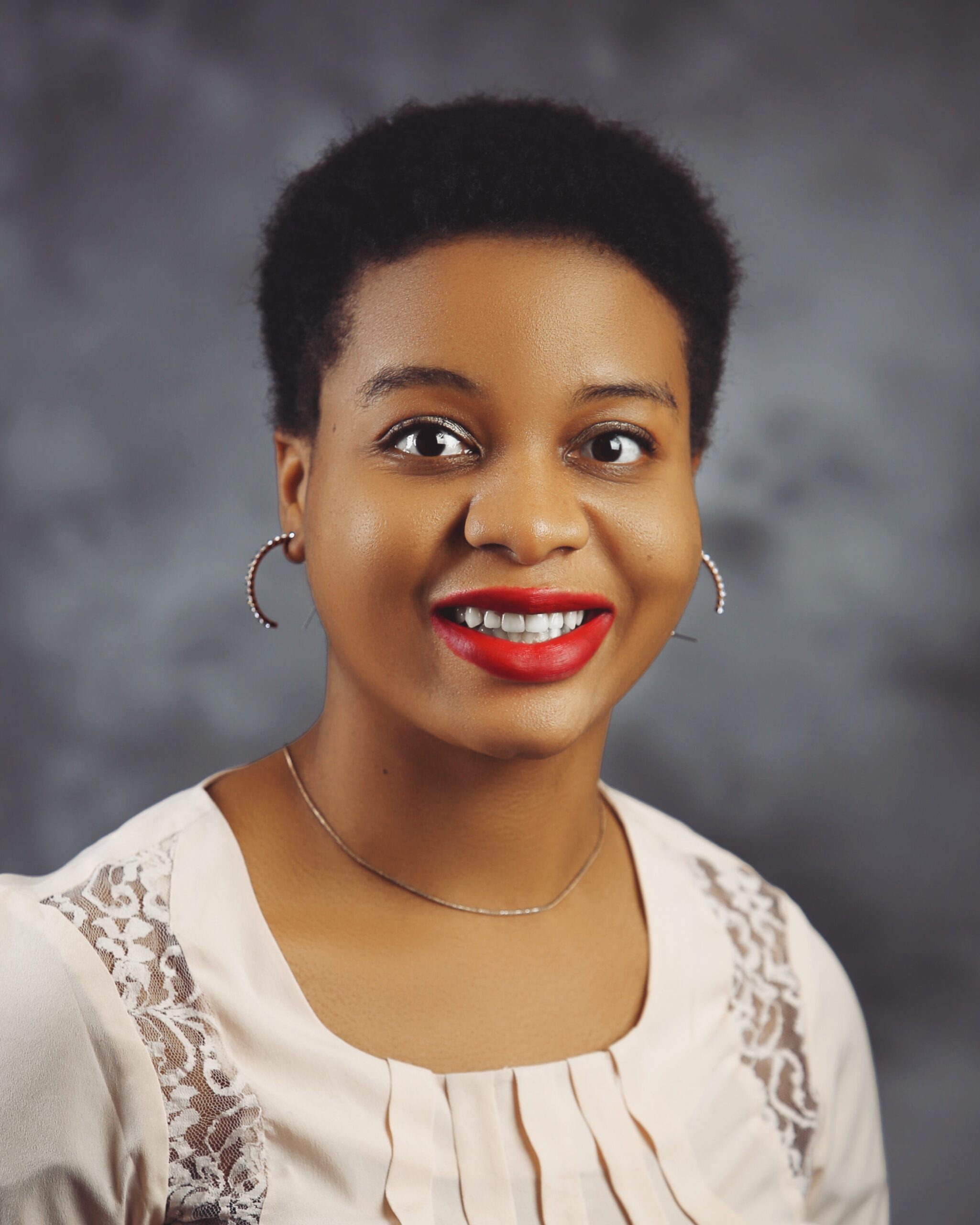
How can the girl-child join in changing the inequality narrative, especially with issues of child marriages, out-of-school children, sexual harassment, and employment inequality?
Advertisement
At an early age, girls can influence their peers for good. By talking with their peers about the benefits of education, gender equality, financial stability, etc., they can help change the narrative. Thankfully, I have a series on my blog called ‘Ladies in School’. That series brings girls who are in school and doing exceptional things to the limelight. I hope to inspire more girls to further their education while working on their skills and passion.
We also see young girls who are in tech or the finance industry putting programmes together to inspire and mentor the young. We see people creating NGOs for the purpose of curbing these societal ills against girls and women. Some young girls I have influenced have set up personal social projects and enterprises. I am always glad to see them doing amazing things from a young age.
How can gender-based issues in the work environment be surmounted?
The chief challenges are the several lugubrious stereotype realities that bedevil our society. For instance, people think women don’t belong in certain acmes of life, like in leadership, politics, STEM, and so on. Others consider female leaders or bosses as incompetent or unnecessarily unfeeling towards their staff. They are also of the opinion that women should be tacit at work or home. Worst of all, women are labelled as and expected to be caregivers automatically, even at work. All these are biases and stereotypes that have held women back at work, and on the home front from reaching their full potential.
In my opinion, I think advocacy is the answer. By constantly educating and re-educating people, stirring up conversations, and creating awareness, we can help shift the mindsets of people in the community. That’s the only way we can change the nation. By changing the mindset of the people, one person at a time. If everyone sees women as equal to men, many of these problems will gradually fade into oblivion. Advocating equality will get us the results we desire and engender the change we want in society.
What’s your take on the clamour for better female representation in government?
I strongly believe that representation matters. It matters because when women are at the helm, they will most likely ensure inclusivity. They will also show more people that leadership is not gender-based. Anyone can be a good or bad leader. When we see more women in leadership, it gives us a reference point. Younger ones will see them and know they can emulate them. Growing up, many of us didn’t have that, so at some point, it wasn’t easy. We didn’t know who to turn to with the questions we had, especially as women who are leaders in a male-dominated space. But thankfully, the up-and-coming will have more women to look up to for guidance and mentoring.
I think that things are a lot better than they were years back. And although some people are still reluctant about the idea of having female leaders because of certain stereotypical misconceptions about competence, we have come a long way. I mean, take a look at Dr. Ngozi [Okonjo-Iweala], Ibukun Awosika, Kemi Adetiba. These are women doing things that people used to think women couldn’t do.
Add a comment
